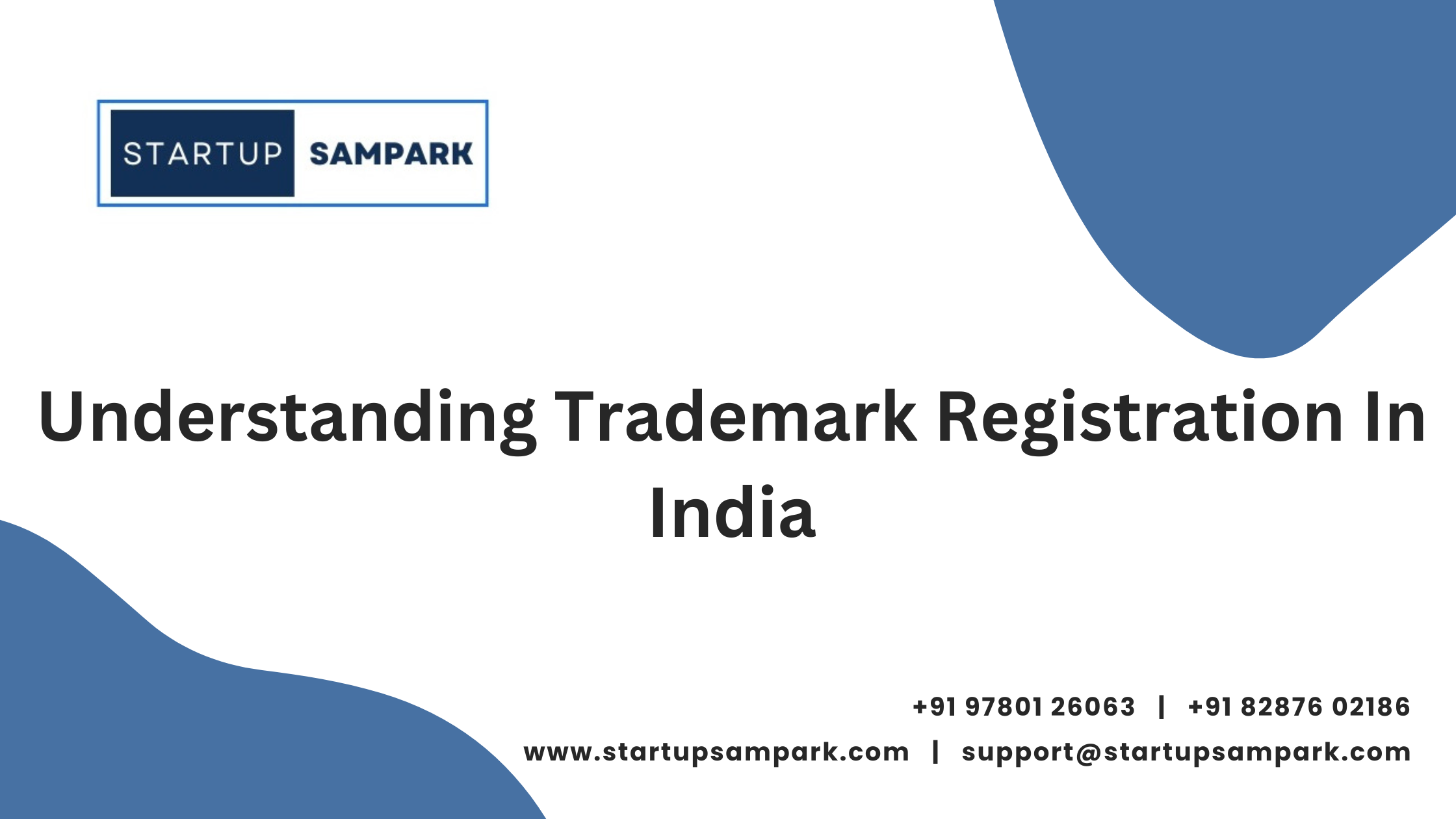Understanding Trademark Registration In India
1. Overview of Trademark Registration
Trademark registration in India provides legal protection to brands, logos, names, and symbols that distinguish goods or services. The process is governed by the Trademarks Act, 1999, and is administered by the Office of the Controller General of Patents, Designs, and Trademarks. Registering a trademark grants exclusive rights to the owner and helps prevent others from using a similar mark.
2. Trademark Search and Preliminary Check
Before filing for registration, conduct a trademark search to ensure that your proposed mark is unique and not already in use. This involves searching the Trademark Registry’s database for similar or identical marks. A preliminary check helps avoid potential conflicts and objections during the registration process.
-
 Trademark Registration₹7,450.00
Trademark Registration₹7,450.00
3. Filing the Application
To register a trademark, you need to file an application with the Trademark Registry. The application form (Form TM-A) requires details such as the applicant’s name, address, the trademark to be registered, and the goods or services associated with the mark. You must also choose the appropriate class under which your trademark will be registered, as per the Nice Classification.
4. Examination and Objection
Once the application is filed, it undergoes an examination process where the Trademark Registrar checks for compliance with legal requirements and potential conflicts. If there are objections, the applicant will receive a Examination Report, which must be addressed within the stipulated time. Responses to objections may involve amendments to the application or arguments in favor of registration.
5. Publication in the Trademark Journal
If the application passes the examination stage, the trademark is published in the Trademark Journal. This publication allows third parties to review and oppose the registration if they believe it infringes on their rights. The opposition period is generally four months from the date of publication.
6. Registration and Renewal
If no oppositions are filed or if oppositions are resolved in favor of the applicant, the trademark is registered, and a registration certificate is issued. The trademark is valid for ten years from the date of registration and can be renewed indefinitely for subsequent ten-year periods. Timely renewal is essential to maintain trademark protection.
7. Enforcement and Protection
Once registered, you have the exclusive rights to use the trademark and can enforce these rights against unauthorized use. This includes taking legal action against infringers and ensuring that your trademark is not diluted or misused. Regular monitoring of the market helps in protecting your brand effectively.
8. International Considerations
If you plan to operate internationally, consider registering your trademark in other countries where you do business. India is a signatory to the Madrid Protocol, which allows for international trademark registration through a single application. This can simplify the process of protecting your brand globally.
trademark, india
-
 Trademark Registration₹7,450.00
Trademark Registration₹7,450.00















Post Comment